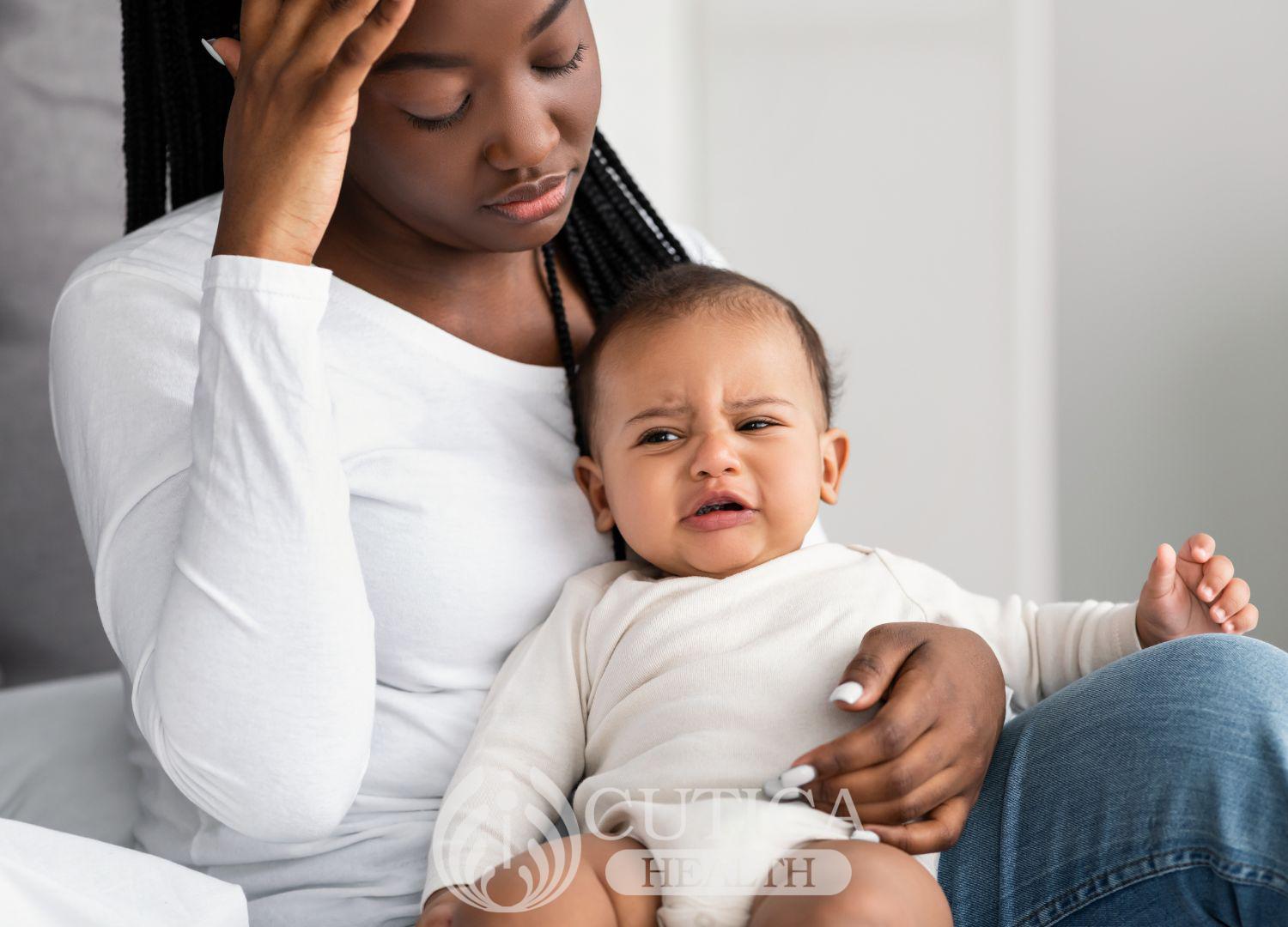
“Ma’am, he has a fever, but I assure you, he will be fine. It is just his body’s way of fighting off the germs,” Doctor Tammy assured the first-time mother for the umpteenth time.
The young mother’s face looked so stricken with fear. She must have aged 20 times more in the past few minutes such that she could easily pass for a patient too.
Earlier that evening, she had barged into the hospital and caught the attention of almost every nurse on duty.
“Help my baby! Save him!” she had screamed non-stop.
Most babies have temperatures ranging from 36.5 0 C to 37 0 C. Any temperature above 37.3 0 C is considered a fever in babies. Though it’s normal to feel worried when your newborn feels warm to the touch, fever itself is not dangerous. Interestingly, it is the body’s way of protecting itself against infections. The immune system, which acts as the body’s defense unit, causes the body temperature to increase so that infections that could potentially harm the baby are gotten rid of.

Causes of fever in a newborn
Some of the problems that could cause a fever in a newborn range from mild to really life-threatening, and these include:
- Ear infection.
- Pneumonia: This could be from viral or bacterial agents.
- Meningitis: This is the inflammation of the layer which protects the brain and the spinal cord. It could be due to viral or bacterial infection. Though uncommon, it could be potentially dangerous in newborns.
- Urinary tract infection
- Vaccination: Some newborns could have a fever just some hours after taking a shot, and this fever could last for some days.
- Some babies could develop a fever due to too much clothing or hot weather. It is of utmost importance to ensure you don’t overdress your child and avoid leaving them in places with hot conditions.

Should parents seek medical assistance when their babies have a fever?
Yes, absolutely!
While the fever itself isn’t dangerous, the baby could be at risk if whatever infection the body is trying so hard to fight off is quite serious. This is why it is of great necessity to have a doctor examine your baby and check for these ‘serious’ infections.

Though touching your child might give you an idea of how warm they are, this does not provide an accurate measurement. That is why clinicians make use of rectal temperature. This involves taking the temperature of your newborn by inserting a rectal thermometer into their rectum, through the anus.
What should first-time parents or parents with newborns avoid?

Parents should try as much as possible to avoid self-medication and usage of over-the-counter drugs like acetaminophen, and ibuprofen to treat their newborns. Acetaminophen, also known as Paracetamol, is known to cause liver damage in children if taken wrongly.
Remember, newborns have delicate bodies and are vulnerable to many things. Imagine you successfully get to treat the fever but neglect whatever caused it in the first place; you might just be putting your newborn at risk. Hence, seeking medical help is of utmost importance.












